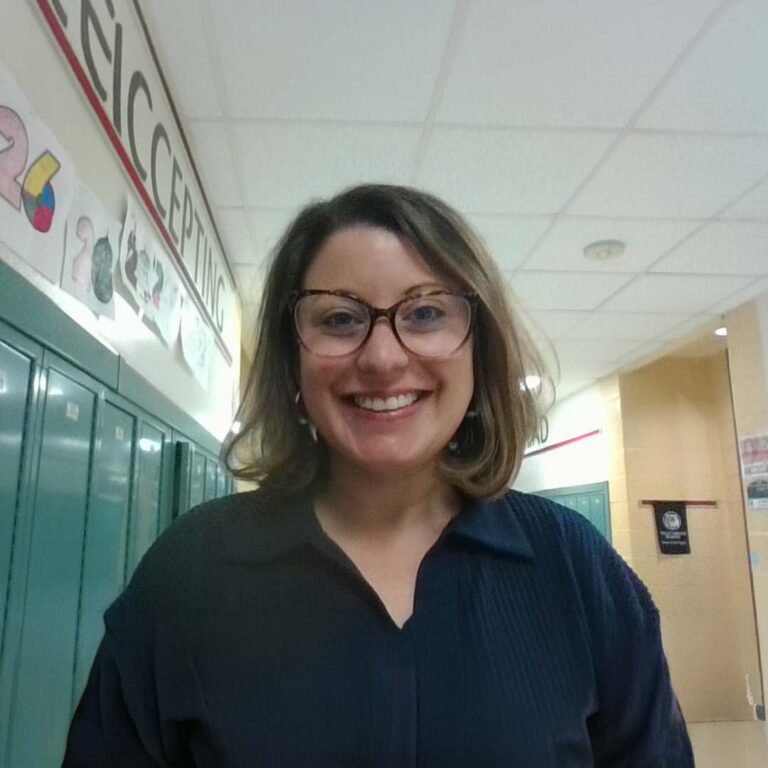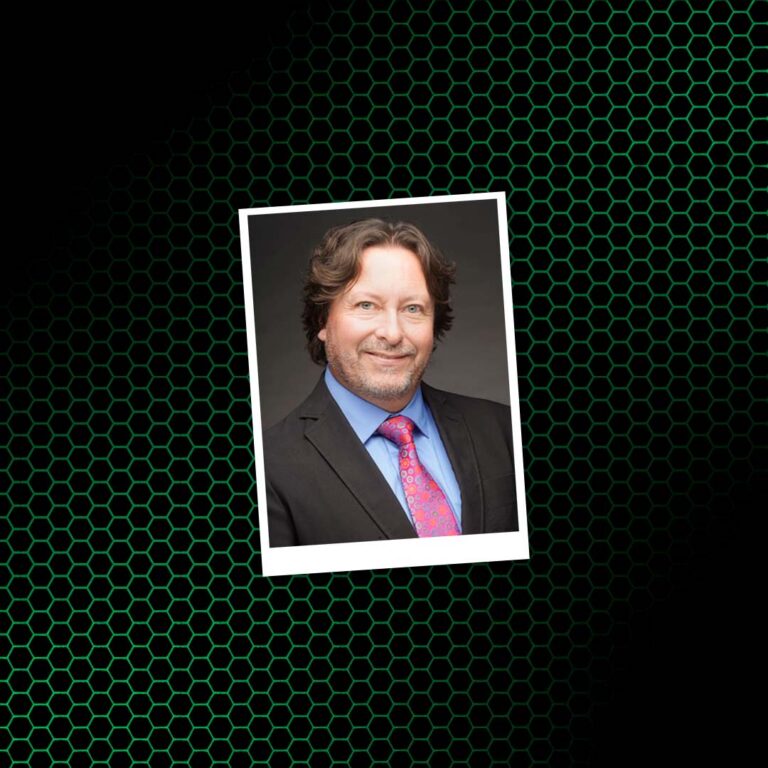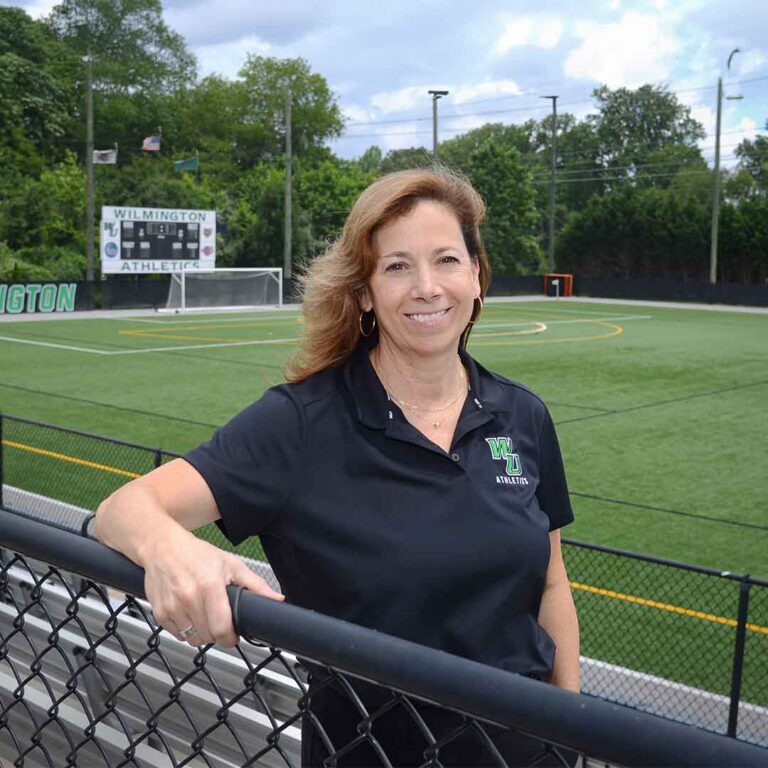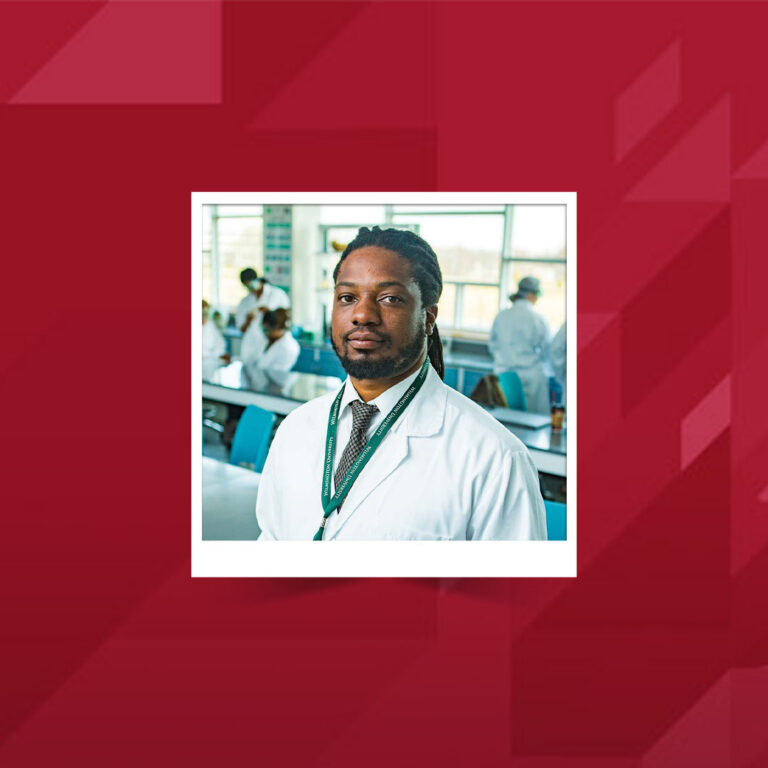Educating the Educators
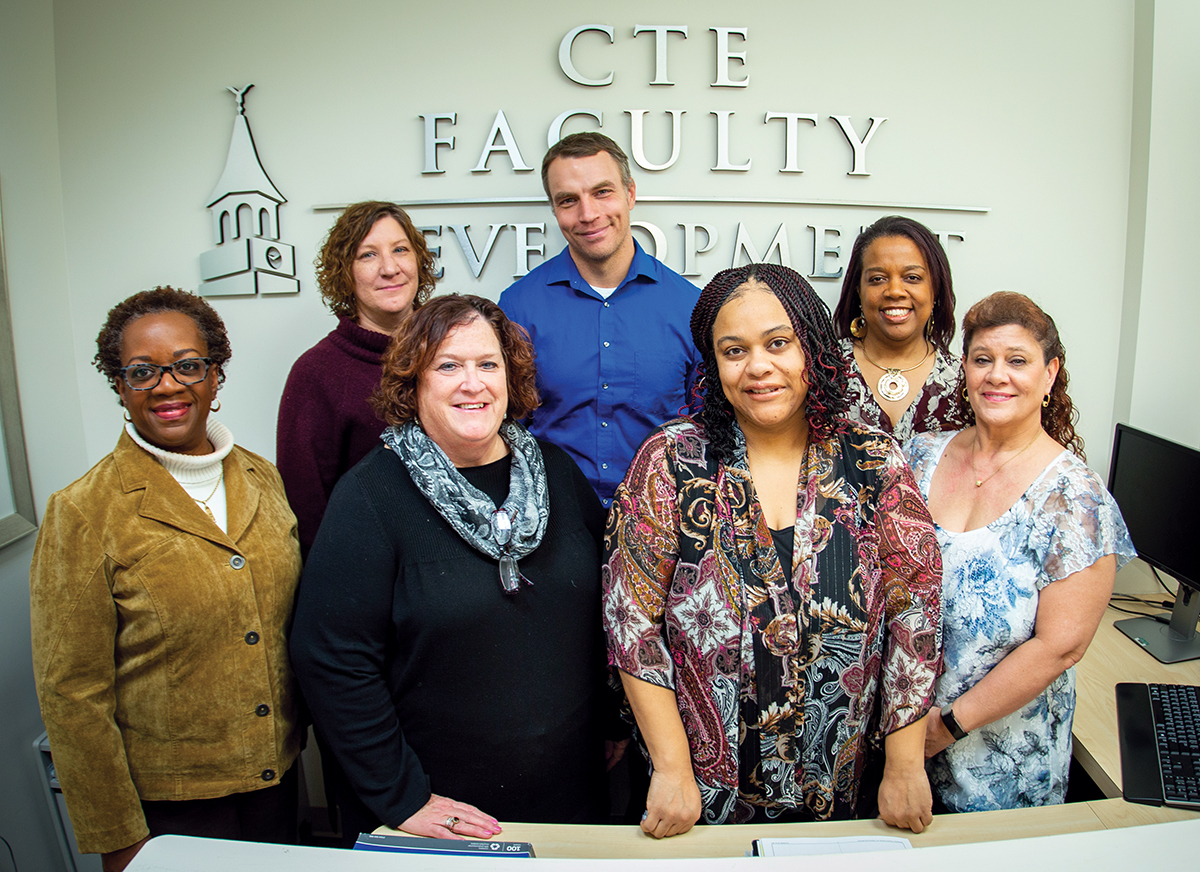
WilmU’s Center for Teaching Excellence is building a better classroom, starting at the front.

Teachers have to learn how to teach. If they want to be effective teachers, if they want to have a positive impact on their students, it would seem necessary that they spend some time studying how education works before they set foot in a classroom.
This doesn’t always happen, though, especially at the college level.
“Most of the people who join our faculty are not prepared to be educators — and we recognize this as a strength,” says Assistant Professor Dr. C. Joshua Simpson. “They’re great nurses, police officers, and cyber security technicians. Our students will absolutely benefit from their knowledge and experience. But they’ve never taught a class, graded an exam, or kept students engaged.”
As the faculty development manager for Wilmington University’s Center for Teaching Excellence, Dr. Simpson helps to hire and train these industry experts into classroom-ready instructors. He and his colleagues provide workshops, mentoring, feedback, and other professional resources to equip WilmU’s newest faculty members with the skills they’ll need to succeed as educators. But that’s not their only audience. The CTE was created to serve WilmU’s academics at any stage of their careers.
“We’re here for all of our faculty, our adjuncts and our full-timers, with a variety of training opportunities so they can be more effective in the classroom,” says Dr. Adrienne Bey, the CTE’s director since 2018. “It’s an on-the-job training program for educators,” she says, but in the long view, it’s much more. “We help faculty help students achieve their goals.”
With the Center for Teaching Excellence, I was able to self-evaluate. I’m able to look at my current teaching methods and see ways for improving those in the classroom. Being a technology guy, I never really learned how to be a teacher. But being able to network and learn from others’ experiences helped me tremendously.
— Dr. Michael Blair, Adjunct, College of Technology
While the concept of higher education is thousands of years old, faculty development is a relatively new idea.
Members of Wilmington University’s Office of Academic Affairs began hearing other colleges’ proposals for in-house continuing education efforts at the professional conferences they’d attended in the 2000s. Following a recommendation from the Middle States Commission on Higher Education, which accredits Wilmington University’s academic programs, the office launched the Center for Teaching Excellence toward the end of the decade.
“The center was formed in part because we have such a large adjunct faculty,” says Dr. Nancy Doody, its associate director. “It’s intended to help us stay in touch with them, make them part of the community, integrate them into the University and who we are.”
“Who we are” is rather important, and a career-focused university sees great importance in keeping its real-world experienced instructors sharp. “We needed a way to develop our faculty in line with our unique mission,” says Dr. Bey. “The center offers them the opportunity to take their expertise and translate it into teaching.”
I have just grown so much, in leaps and bounds, at my understanding of adult learning and how I can apply it to what I’m currently teaching.
— Mariann Sennstrom, Adjunct, College of Education
From their offices on the second floor of the Peoples Building at the New Castle campus, the center’s staff organizes Faculty Development Day, a twice-annual event each fall and spring semester at which WilmU educators can learn about and discuss best practices and current trends while networking with their teaching peers.
In addition, the CTE distributes, reviews, and communicates the results of the university’s Course and Teaching Survey, the questionnaire through which students provide feedback on their learning experience — and a user’s eye view of faculty effectiveness — at the end of each term.
But they’re also open for business in between those initiatives, offering personalized workshops, classroom observations, and one-on-one coaching sessions. They’re teaching teachers about grading students’ work and measuring their progress, problem solving and decision making, team building and diversity. They’re spreading the word about teaching strategies, student interaction, and classroom effectiveness.
“Our faculty development training is built on a curriculum that we developed in collaboration with WilmU’s Office of Educational Technology and Online Learning and our library,” says Dr. Bey.
The curriculum, called Pathways to Instructional Excellence, guides WilmU instructors from the basic understanding of technology and instructional strategies to a mastery of these subjects, with the aim of broadening and strengthening their ability to communicate with, engage, and assess students.
Pathways to Instructional Excellence was recognized by two industry associations last year. In February, it won the Instructional Technology Council’s Outstanding eLearning Support for Faculty Award, and in August the University Professional and Continuing Education Association selected it to receive its 2019 Mid-Atlantic Region Faculty and Staff Development Award.
To the CTE’s staff, however, the real honor has been the results, among WilmU’s faculty and those they teach. “We provide our instructors with a home base for professional development in the classroom, and this in turn leads to academic success and the retention of students,” says Dr. Doody.
I’ve learned some blind spots that I didn’t even know that I had, even after being an instructor for so long. The Center for Teaching Excellence is a win for everybody.
— Maureen Shockley, Adjunct, College of Social and Behavioral Sciences
“If you’re not familiar with Wilmington University, you might teach the way you were taught,” says Dr. Simpson. “If you come to us with your pain points as a teacher, we’ll provide guidance on how to teach the Wilmington University way — accessible, practical, learner-centered instruction — and how to deliver on those promises.”
Maybe this is your first semester teaching at WilmU, after you’ve built a career in another field. Maybe you’ve been on the faculty for more than a decade, but you’re not connecting with your students the way you used to. Maybe your program chair or dean referred you to the CTE. Maybe you’ve sought out professional development on your own. Maybe you’re wondering how the latest technology can help you deliver your lessons. Maybe you’re concerned about some comments that appeared on your last student surveys. Maybe you’d like to update your course curriculum or develop more relevant assignments. Maybe you’re worried that you spend all your time grading. In any case, the Center for Teaching Excellence is here to help.
“Wilmington University thinks very highly of its faculty,” says Dr. Bey. “We make efforts to put the best faculty member possible in front of a class, so that when you invest in a WilmU education, you get a quality product.”
The Center for Teaching Excellence, she says, “is how we ensure that you get the best.”
